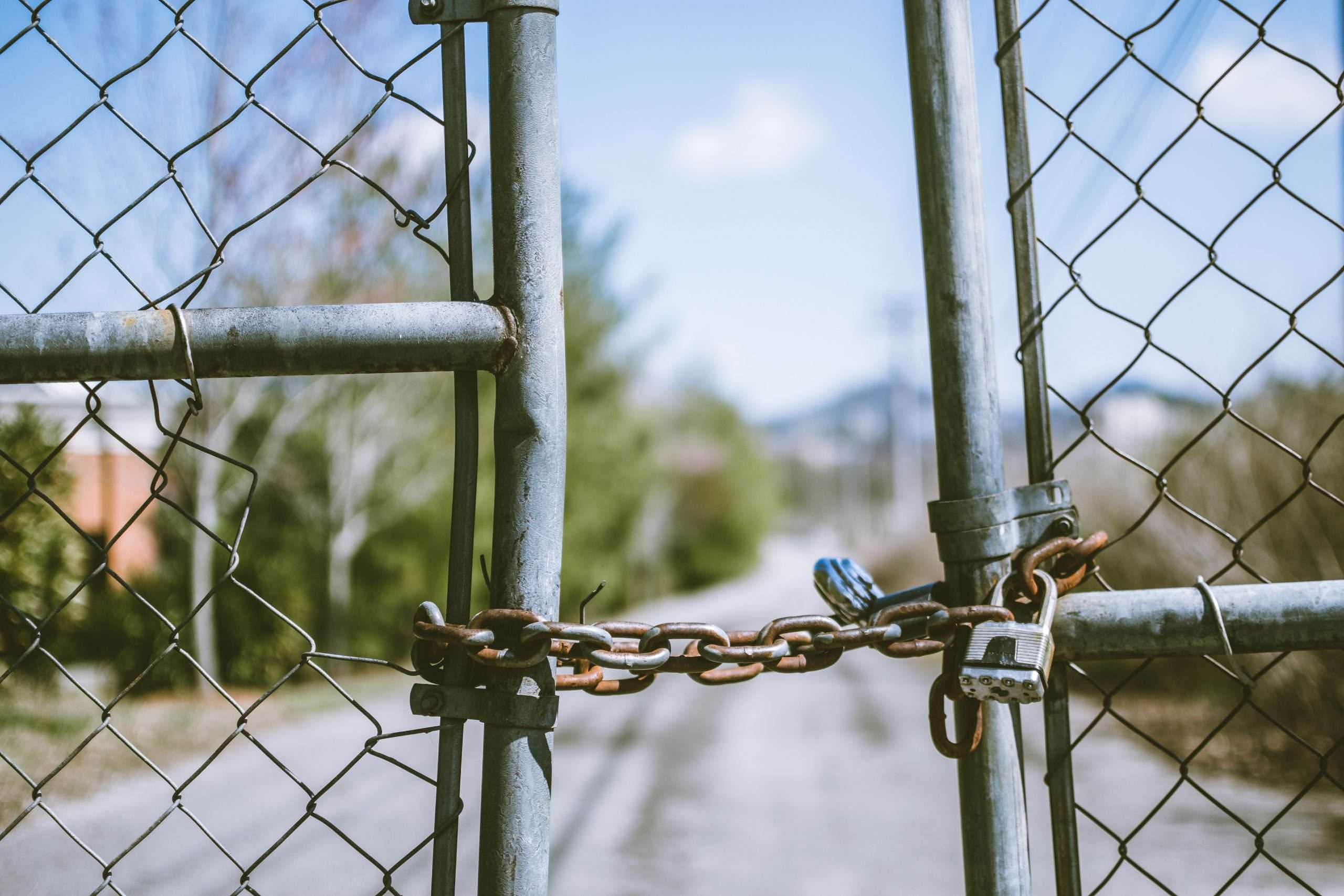Editor’s Note: This essay is about the experience of one person’s experience earning a Master’s Degree in Sociology from Ball State University.
On Regional Snobbery and Gatekeeping Sociology
In the family folklore, my daughter, Siren, was conceived to save me from myself.
Growing up in Madison, Wisconsin, I excelled in school. My Filipino-American immigrant relatives declared me “the smart one” of the family, destined to find work outside of a factory or a long-term care facility. I did enrichment programs at UW-Madison and hung out at Memorial Union and on Langdon St. However, by the time Siren was conceived in March 2012, I was a twenty-year-old alcoholic living with my boyfriend and housemates on an eight-acre compound in Scott County, Indiana. Siren gave me someone to live for, when I had no idea how nor the incentive to live for myself.
We realized that we’d need family help in order to successfully raise our child. Siren’s father came from a huge, wholesome, Hoosier family, who were beaming with joy that there’d be a new baby to behold. They had all lived in their home county for five generations. They were every Norman Rockwell painting and every shining example of how a supportive, salt-of-the-earth American family is supposed to be. The only problem was they were from Muncie, Indiana.
How I Got to Ball State University
In Madison, I knew staples of urban poverty—I grew up in housing projects and segregated neighborhoods, and attended underperforming public schools–but, living in a city with a flagship state university, I was completely sheltered from the specific flavor of post-industrial economic decline that Rust Belt cities like Muncie are consumed by. Muncie is home to Ball State University, a major employer and public research university, but little else these days.
I had only previously spent three days in Muncie before we moved there, unbeknownst to us at the time, to live for the better part of the next decade. During those three days, driving down East Main street and seeing the blight, falling-down houses, and brownfield former factories where entire neighborhoods used to work, I condescendingly thought, Oh, this is sorta like where Roseanne is from! I had zero frame of reference, and no idea what I had gotten myself into.
Eventually, Siren was born, I got sober, and I enrolled at Ivy Tech Community College to earn an associate’s degree. I majored in software development and became a web developer. In 2018, I realized that I hated web development and had made totally the wrong choice. I re-enrolled at Ivy Tech and took, among other classes, an introductory sociology class, as per the requirements for a transfer degree.
I never looked back.
Further Experience in My Education
Eighteen-year-olds with good grades and middle class families are bursting at the seams with opportunity and choice. This is not so for mothers in their twenties living in places like Muncie, burdened by duty and responsibility, and limited to the opportunities most accessible to them at the time. This was my case. Admittedly guilty of regional snobbery myself, I thought that BSU would be my stepping-stone school: I’d wrap up my bachelor’s there, then somehow convince Siren’s dad to move to Bloomington or Madison or Ann Arbor so that I could attend a state school with a fancy and recognizable acronym for my graduate studies.
Instead, what I found at BSU was beyond anything I could’ve ever imagined. The faculty were prolific and their research interest varied, regularly contributing to journals and books on a variety of subjects, while remaining approachable and down-to-earth. Their CVs were long and intimidating, but their demeanors were anything but. I felt comfortable in an institution of higher education, in a way that I never did growing up in Madison.
My First Months at Ball State University
A couple of months into my first semester at Ball State University, my research methods professor pulled me aside and asked if I had considered going to graduate school. Not long after that conversation, I resolved to not bother applying anywhere else; I was determined to get my master’s degree from BSU. MA is already a fancy enough acronym anyway.
It’s not just that sociologists like me need schools like Ball State. Sociology in general needs sociologists from socioeconomically diverse backgrounds, who are more likely to come from regional public universities. The discipline thrives when there is a plurality of opinions and experiences, and that can’t happen if everyone is educated exclusively from, as Siren’s late great-grandmother would say, “highfalutin” state and private universities.
As reported by the Brookings Institute, the Great Lakes region particularly relies on its regional public universities to educate large percentages of its population, and to close university attainment gaps (e.g. for BIPOC students). However, in the aftermath of the COVID-19 pandemic, regional public universities and their adjacent communities all across the United States are at great risk of economic recession. Enrollment rates are dropping, and local economies are concurrently shrinking as well.
Why we Need Universities Like Ball State
Beyond helping our discipline meet its need for well-trained and diverse sociologists, regional public universities are critical for state and local economic growth. Here in Muncie, our biggest employer by far is Ball State. The city depends on the university economically just as much as its students depend on it for an education.
As sociologists, we are trained to navigate matters of race, class, and socioeconomic status. We should therefore not gatekeep sociology as an exclusive discipline, privy only to students whose CVs boast recognizable schools. Still the best piece of research advice I have received was from that undergraduate research methods professor: like interviews like. In this respect, truly studying hardship is impossible without sociologists from regional public universities like Ball State University.
It would be misleading to say that I chose BSU completely independent of circumstance. By the time I enrolled as an undergraduate, Siren’s father was establishing himself as a professor and the program chair of the automotive technology department at Ivy Tech. Attending graduate school at Indiana University, for example, would’ve required either asking him–and his program–to give up that opportunity, or leaving my daughter.
Final Thoughts on Getting my Master’s in Sociology at Ball State University
That said, it would also be misleading to say that my arrival at BSU was entirely circumstantial. Committed fully to my career and education, I was well-prepared to find a way to make it happen at the graduate school of my choosing. BSU was not only logistically accessible but culturally and socially accessible as well.
The more time that I spent on campus, surrounded not only by these brilliant and productive professors, but also by a diverse array of undergraduates who all had such unique relationships with the discipline, I realized that I felt recognized and understood at Ball State, in a way that I never had as a schoolgirl spending time at UW-Madison. I felt more like I belonged at Ball State. For a non-traditional, low-income, or first-generation student, that’s everything.
After I graduate, I would like to research as well as teach at the community college or regional public university level, until my daughter has grown. Following that, I intend on applying to get my PhD from, really, wherever will have me. None of that would be possible without my time and training at Ball State University. Maybe “BSU” is not a very recognizable acronym. So what? I am happier to brag about who we do than who we are.







